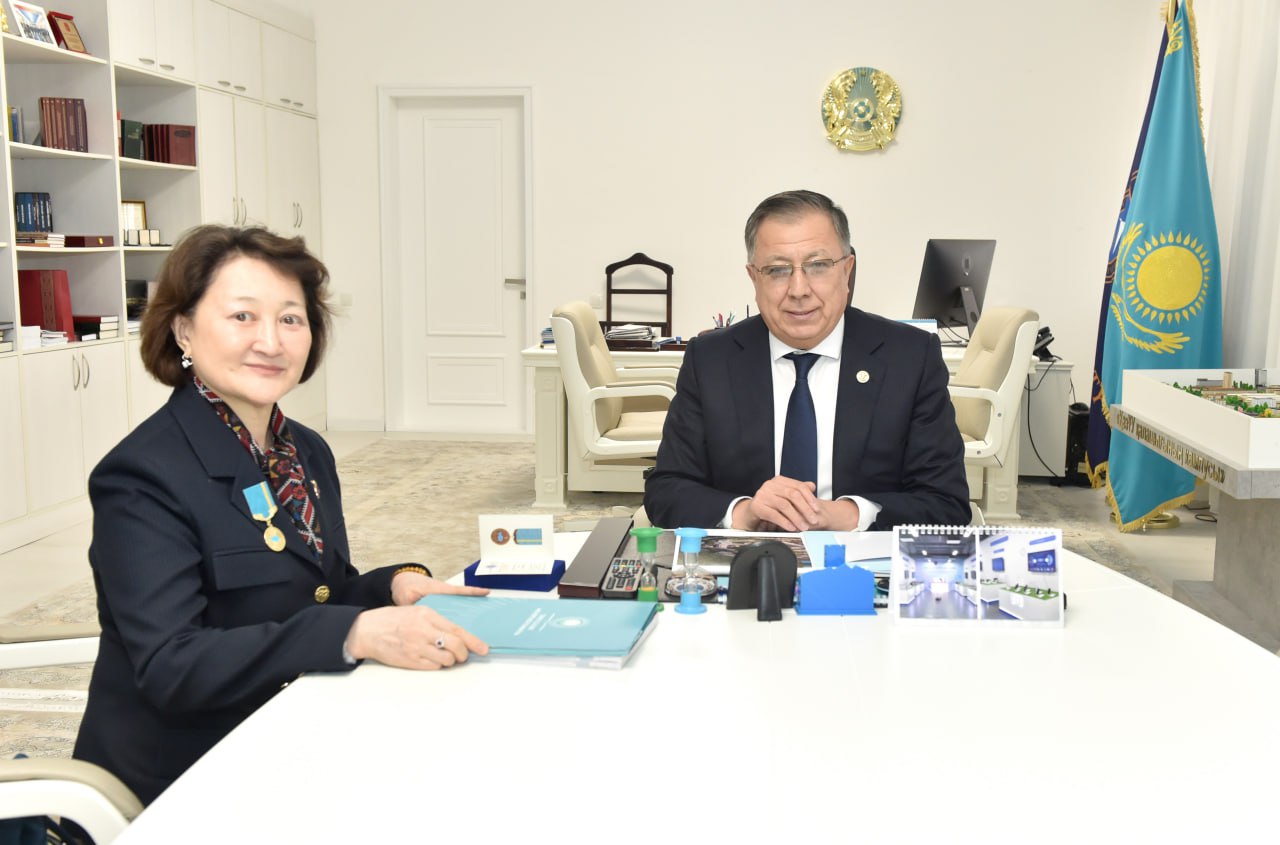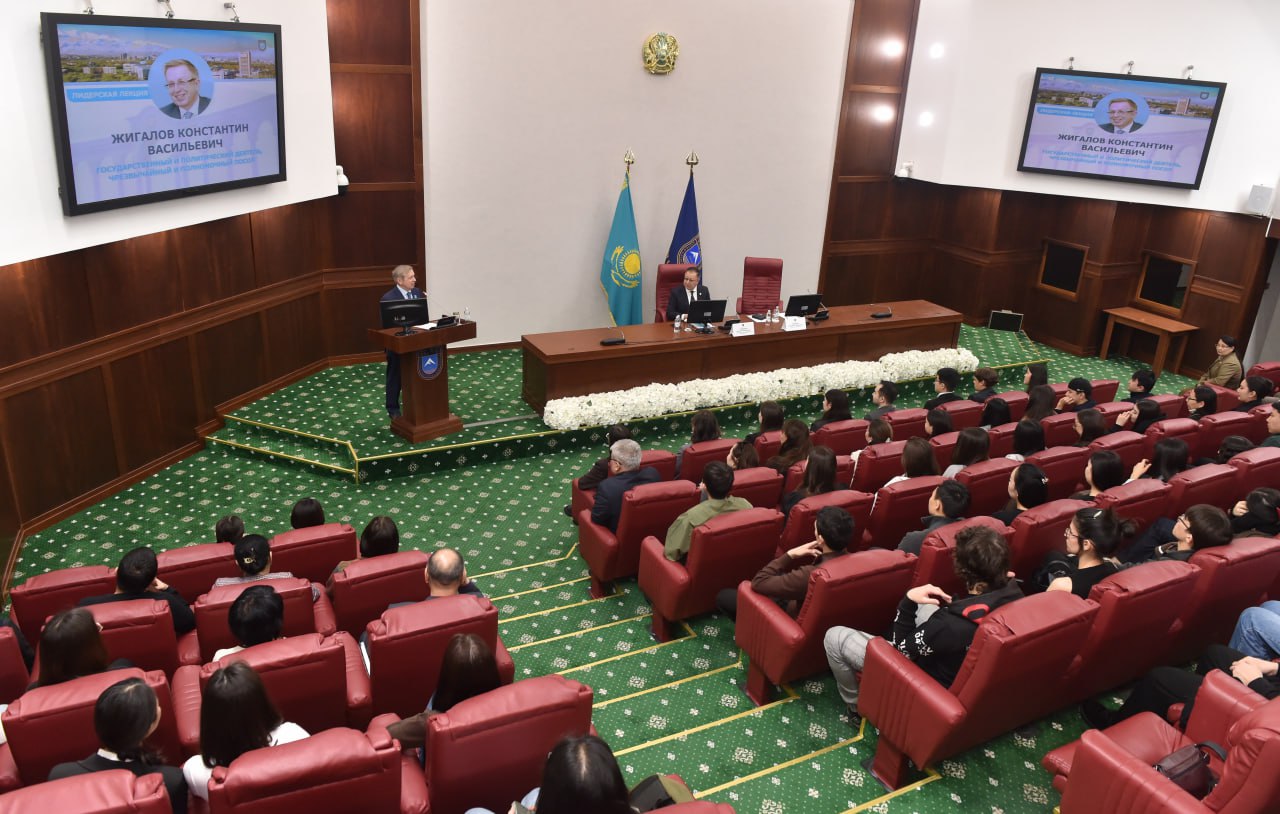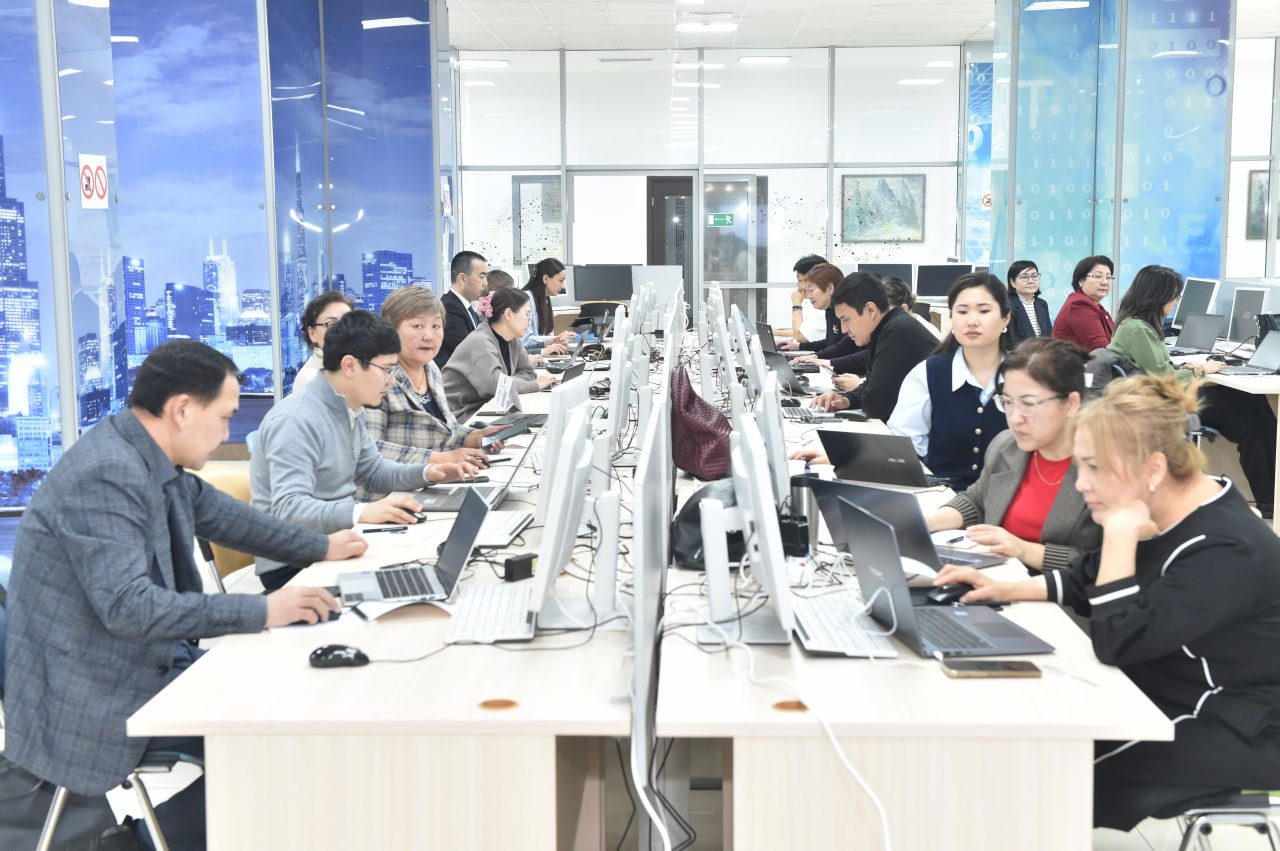- Main
- News
- Sustainable tourism and 17 Sustainable Development Goals within the framework of the summer school “1st SSP-PE-2024”
Sustainable tourism and 17 Sustainable Development Goals within the framework of the summer school “1st SSP-PE-2024”

On June 24, 2024, within the framework of the 1st Summer School “Environmental Protection – 2024” (1st SSP-PE-2024) on the topic “Methods of assessing the anthropogenic impact on the environment: geosystems, society, education, culture and worldview” classes on the issues of sustainable tourism and the contribution of tourism to achieving the 17 Sustainable Development Goals. The program included lectures, group discussions and practical exercises aimed at developing skills in assessing anthropogenic impact on the environment in the context of geosystems, society, education, culture and worldview. Classes are conducted in English. They were organized and conducted by lecturers from the Department of Recreation Geography and Tourism.
Participants discussed the principles and practical experience of sustainable tourism, including the minimizing negative impacts on the environment, supporting local communities and preserving cultural heritage. The contribution of tourism to the following Sustainable Development Goals is particularly noticeable:
SDG 1 (No Poverty): tourism as a tool for creating jobs and increasing incomes for local people;
SDG 8 (Decent work and economic growth): sustainable tourism development promotes economic growth and employment;
SDG 11 (Sustainable cities and human settlements): developing tourism in cities and rural areas contributes to their sustainable development;
SDG 13 (Climate action): Low-carbon tourism and renewable energy;
SDGs 14 and 15 (Conserve land and water ecosystems): tourism programs to protect biodiversity and natural resources.
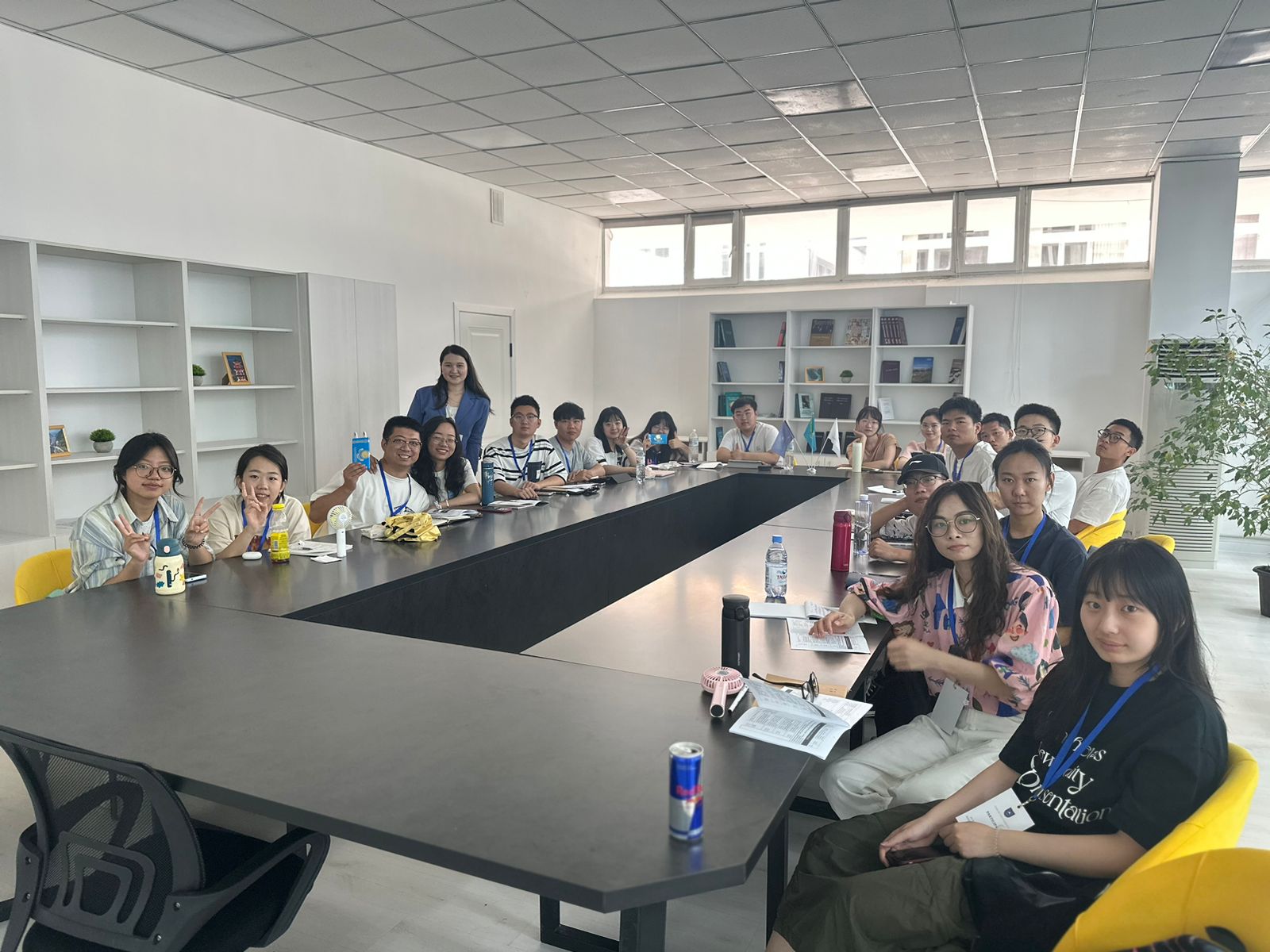
The lesson “Video trip to Kazakhstan tourism destinations and specific focus on the West Kazakhstan region” was devoted to getting to know the tourist destinations of Kazakhstan, with a special emphasis on the West Kazakhstan region. Aida Kalieva, Master of Tourism, led the session, sharing a wealth of experience and knowledge about various places worth visiting. The story was illustrated with vivid video materials showing the beauty and uniqueness of Kazakhstan. Participants learned about natural and cultural attractions, local cuisine and traditions, and also received useful tips on organizing travel.
PhD, Associate Professor Zhanna Assipova gave a lecture on the topic “Positive and negative impact of tourism for nature, society, and economy”. The lesson was devoted to the analysis of various aspects of the impact of tourism. The positive impact of tourism was considered: 1) economic (tourism contributes to economic development by creating jobs, attracting investment and increasing the income of the local population); 2) social (tourism stimulates cultural exchange, enriches cultural heritage, improves infrastructure and improves the quality of life of the local population); 3) environmental (tourism can contribute to the protection of natural sites and the creation of environmental protection zones, raising awareness of the need to protect the environment). As examples of the negative impact of tourism, participants discussed the following problems: 1) economic (over-dependence on tourism can lead to economic instability, especially in the case of seasonal fluctuations and external factors such as pandemics; 2) social (mass tourism can lead to an increase in the cost of living for local residents and loss of cultural identity; 3) environmental (uncontrolled tourism can cause environmental degradation, pollution, loss of biodiversity and destruction of natural landscapes). The lecture included an in-depth analysis of the situation and helped participants better understand the multifaceted impacts of tourism and emphasized the importance of sustainable development in this area.
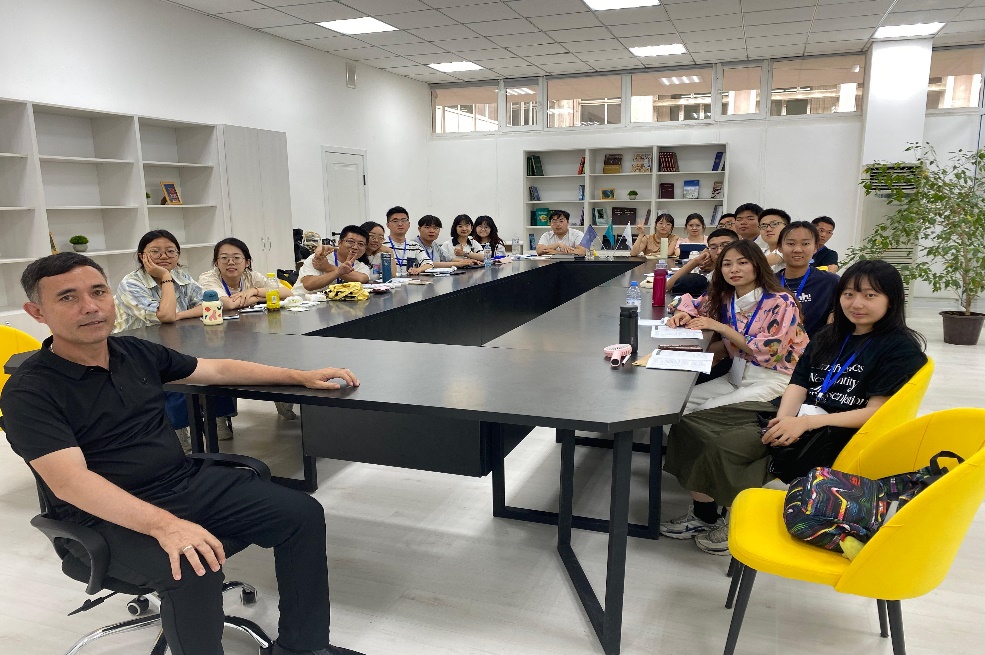
PhD Akbar Imanaly conducted a practical lesson on the topic “Creating sustainable tourist routes: developing a plan for a sustainable tourist route with an emphasis on preserving nature and cultural heritage”. The session included an overview of principles and approaches to sustainable tourism development, including minimizing negative environmental impacts and supporting local communities. A study was carried out of successful examples of sustainable tourism destinations in different countries, including strategies and methods that can be applied in different contexts. Participants learned to develop tourist routes taking into account environmental sustainability, conservation of natural and cultural resources. Particular attention was paid to the identification and assessment of possible risks associated with the development of tourism and ways to minimize them. Practical work to create the routes included mapping, environmental impact assessment and development of a cultural heritage conservation plan. The session contributed to the development of participants’ skills in sustainable tourism and emphasized the importance of integrating environmental and cultural aspects into tourism projects.
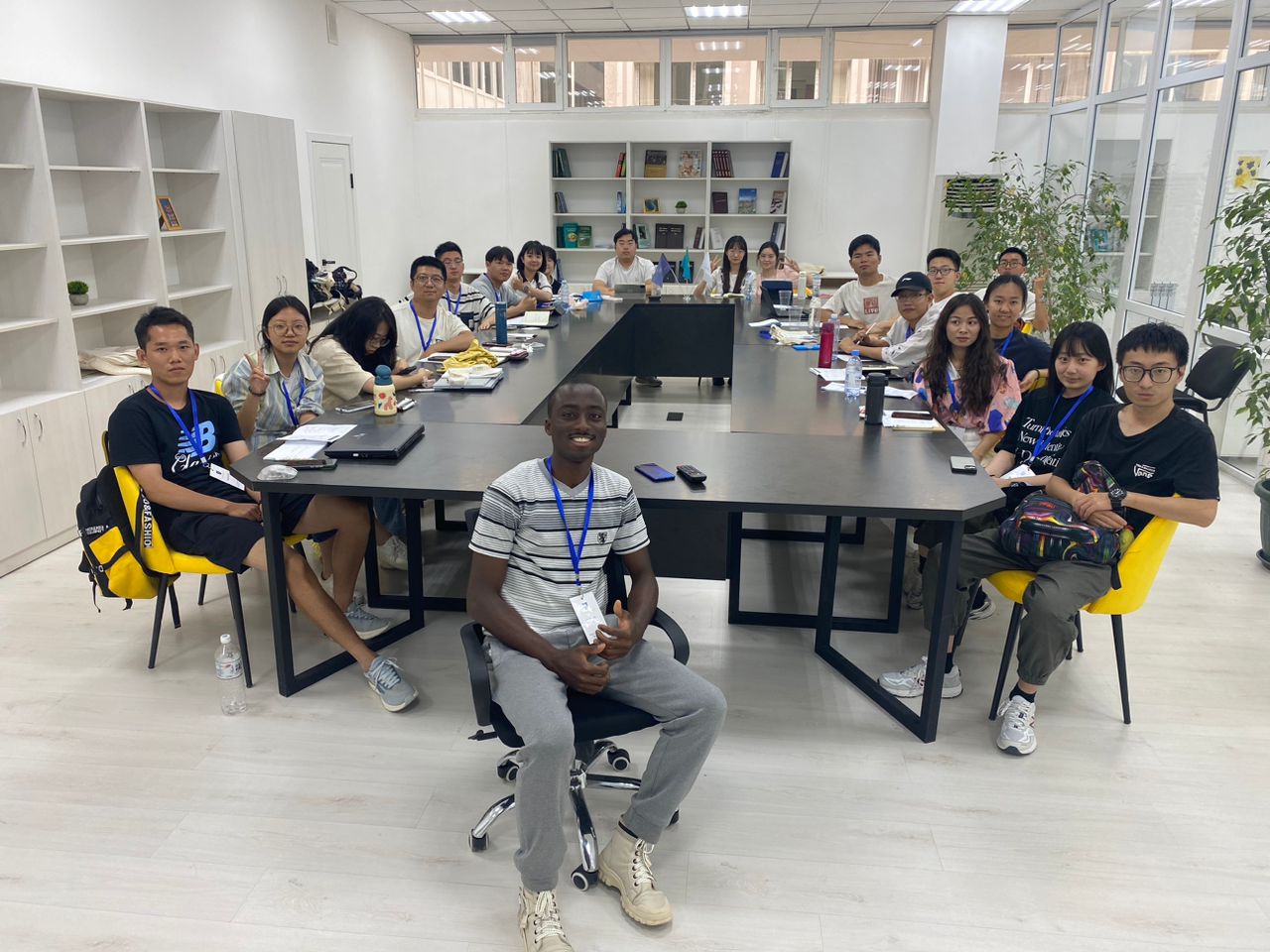
The lecture “Digital technologies in the development of sustainable tourism: online booking, virtual tours, digital guides” was given by master’s student Evans Bio Boampong. The lecture addressed the following issues: online booking (benefits of using online platforms for booking tours and services, reducing paperwork and improving the efficiency of travel planning, convenience and accessibility for tourists and local service providers); virtual tours (opportunities for virtual tours for preliminary acquaintance with tourist destinations, reducing the environmental footprint by reducing physical travel, examples of the use of VR technologies in the tourism industry); digital guides (use of mobile applications and digital devices to provide information about attractions and routes, support interactive learning and improve the traveler experience, the contribution of digital guides to the conservation of cultural and natural heritage); benefits of digital technologies for sustainable tourism (reducing environmental impact by reducing the need for printed materials, increasing the availability of information and improving the tourist experience, promoting the development of local communities through the integration of digital solutions). Evans Bio Boampong provided examples of successful implementation of digital technologies in various tourism projects and emphasized the importance of integrating innovative solutions to achieve sustainable development in tourism.
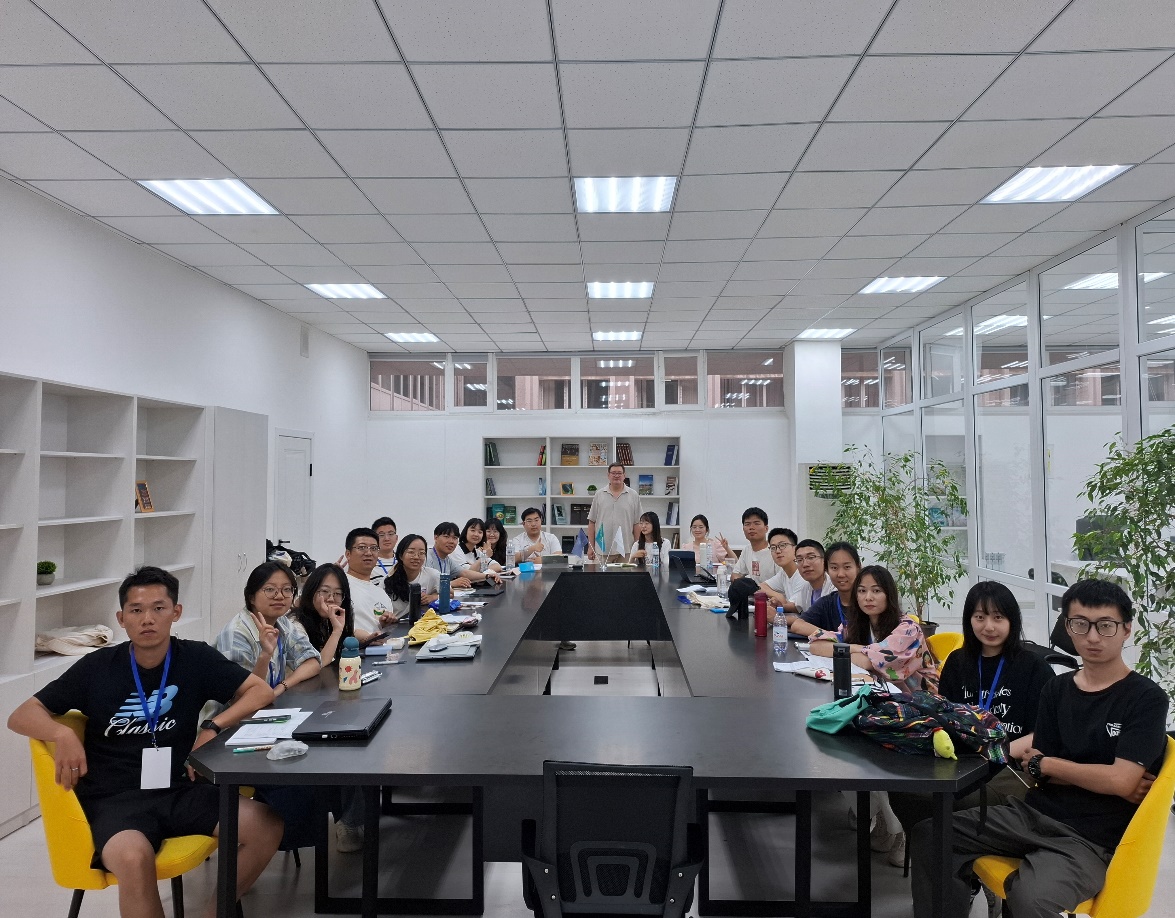
The program of the day was completed with lectures and practical classes conducted by Doctor of Geographical Sciences, Associate Professor Roman Plokhykh. The lecture "Sustainable tourism as an approach to balanced development: principles and practice" addressed the following issues: the history of the formation of the concept of sustainable tourism and the accumulated base of UNWTO publications of methodological and advisory types, the practice of sustainable tourism. Including: examples of successful sustainable tourism projects in different countries, methods and strategies for implementing the principles of sustainable tourism in practice, the role of local communities and tourists in achieving sustainable development. The practical lesson "Application of green technologies and waste management in tourist destinations" provided participants with knowledge about the use of renewable energy sources by tourist facilities, the introduction of energy-efficient systems and technologies, and waste management. The participants analyzed real-world examples and cases, as well as discussed the challenges and solutions faced by tourist facilities in the process of transition to sustainable practices. The classes allowed participants to gain a deeper understanding of the importance of a sustainable approach to tourism development and learn how to apply practical methods to improve the environmental and economic sustainability of tourist destinations.
The day’s program concluded with lecture and practical classes conducted by Doctor of Sciences in Geography, Associate Professor Roman Plokhikh. The lecture “Sustainable tourism as an approach to balanced development: principles and practice” discussed the following issues: the history of the formation of the concept of sustainable tourism and the accumulated base of UNWTO publications of methodological and recommendatory types, the practice of sustainable tourism. Including: examples of successful sustainable tourism projects in different countries, methods and strategies for implementing the principles of sustainable tourism in practice, the role of local communities and tourists in achieving sustainable development. The practical lesson “Application of green technologies and waste management in tourist destinations” equipped participants with knowledge about the use of renewable energy sources by tourist sites, the introduction of energy-efficient systems and technologies, and waste management. Participants analyzed real-life examples and cases, and discussed the challenges and solutions faced by tourism sites in the process of transitioning to sustainable practices. The sessions allowed participants to gain a deeper understanding of the importance of a sustainable approach to tourism development and learn to apply practical methods to improve the environmental and economic sustainability of tourism destinations.

